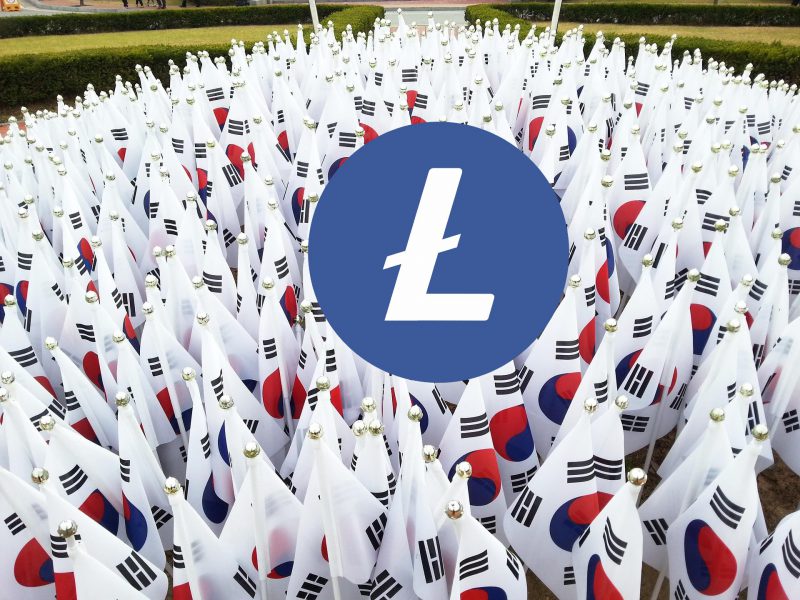A couple of years ago, Litecoin [LTC] announced its venture into the privacy arena with MimbleWimble [MWEB]. The LTC community was visibly upset with this decision as they were scared of the altcoin being ousted from crypto exchanges. Charlie Lee, the creator of the network, however, affirmed that MimbleWimble was a mere extension block. This implementation would not meddle with the network, he added. Years later, this highly anticipated update was finally out. But things don’t seem to be going as planned.
Earlier today, an array of prominent crypto exchanges in South Korea revealed that they would be delisting Litecoin. This list included Upbit, Bithumb, Coinone, Korbit as well as Gopax. Upbit, one of South Korea’s largest cryptocurrency exchanges, noted that the addition of anonymous transactions on the chain due to the MimbleWimble upgrade pushed exchanges to take this step.
Further elaborating on the reason behind the delisting of Litecoin, Upbit said,
“According to South Korea’s Act on the Reporting and Use of Specific Financial Transaction Information (hereinafter referred to as the Specific Financial Information Act) and related laws, the exchange transmits digital assets embedded with a technology that prevents the transmission records from being identified (hereinafter “anonymous transmission technology”) It should be checked whether the record can be verified, and appropriate measures should be taken if anonymous transmission technology is found. “
Just last month, several South Korean exchanges rolled out warnings on the confidential transactions carried out by Litecoin.
South Korean crypto exchanges to look into new guidelines
South Korea has been extensively looking into the regulations governing crypto following the Terra crash. The South Korean government even set up a committee to oversee the market. In the meantime, the government was urging top cryptocurrency exchanges to set up new guidelines, particularly for listing and delisting the assets.
In a recent meeting with Upbit, Bithumb, Coinone, Korbit, and Gopax, were required to formulate guidelines prioritizing public protection. Yun Chang-hyun, a South Korean lawmaker said,
“There are a lot of shortcomings compared with traditional finance. [Crypto] was neglected for too long without order and discipline.”
With increased regulatory pressure in the region, the community speculated about the demise of several crypto projects.





